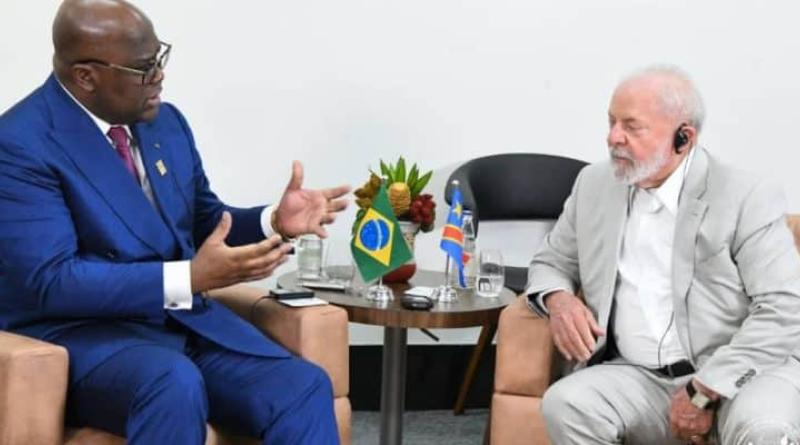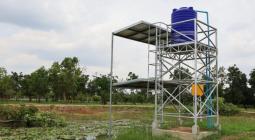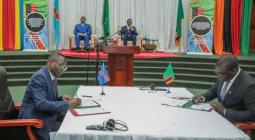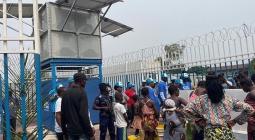DRC: Kinshasa, Jakarta and Brasilia get together for the Three Basins Summit

Aware of the economic and ecological potential of their tropical forests, the presidents of the Democratic Republic of Congo (DRC), Brazil and Indonesia have agreed to meet in Kinshasa on 25 August 2023. They will be seeking synergy in the run-up to next October's Summit on the world's three major forest basins.
Felix Tshisékedi, President of the Democratic Republic of Congo (DRC), and his counterparts Inacio Lula da Silva of Brazil and Joko Widodo of Indonesia will be holding talks in Kinshasa on 25 August 2023. The aim is to “create a dynamic to better defend the interests of humanity and peoples, reduce poverty and create the conditions for genuine socio-economic growth”, according to the DRC Presidency.
The meeting was scheduled following the Brazilian summit in Belém, which closed a few days ago with the main announcement of the creation of an “Amazon Alliance to Combat Deforestation”. While this platform only concerns Bolivia, Colombia, Ecuador, Venezuela, Guyana, Peru and Suriname, among others, the next meeting is aimed above all at harmonising the prospects for cooperation between Brazil, the DRC and Indonesia, home to the world’s largest forest massifs.
These are the Amazon, the Congo Basin and Borneo-Mekong respectively, considered to be the planet’s main green lungs, accounting for two-thirds of terrestrial biodiversity. The discussions that will take place between Kinshasa, Brasilia and Jakarta should therefore make it possible to anticipate the resolutions of the Three Basins Summit scheduled to take place in Brazzaville, Congo, from 26 to 28 October 2023.
This event is eagerly awaited by climate experts and environmental organisations, in a context marked by massive deforestation in Central Africa, Latin America and South-East Asia. The activities of major industrial groups are jeopardising the survival of flora and fauna. Political leaders will also be looking at the controversy surrounding carbon credits, which are ultimately no more than a communication tool in some of the cases studied by the French-based National Research Institute for Agriculture, Food and the Environment (INRAE).
Published on / Modified on




